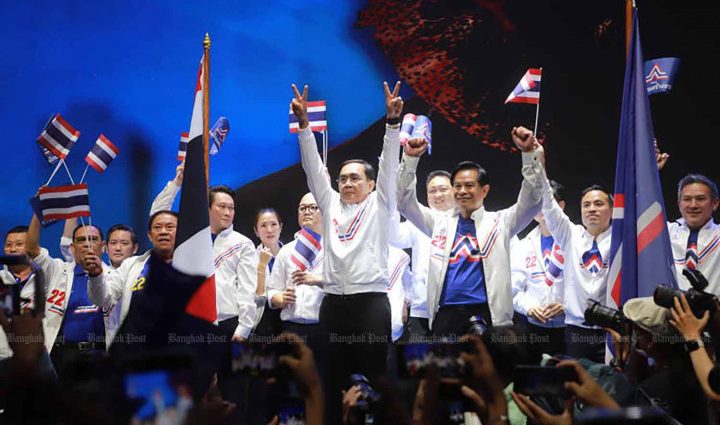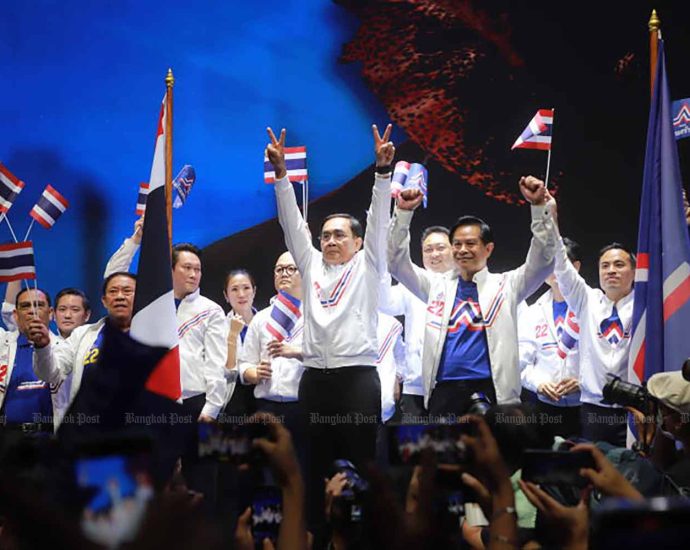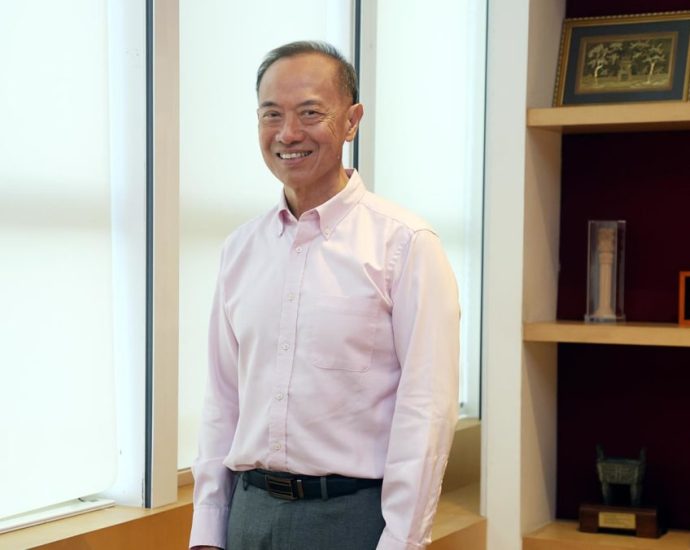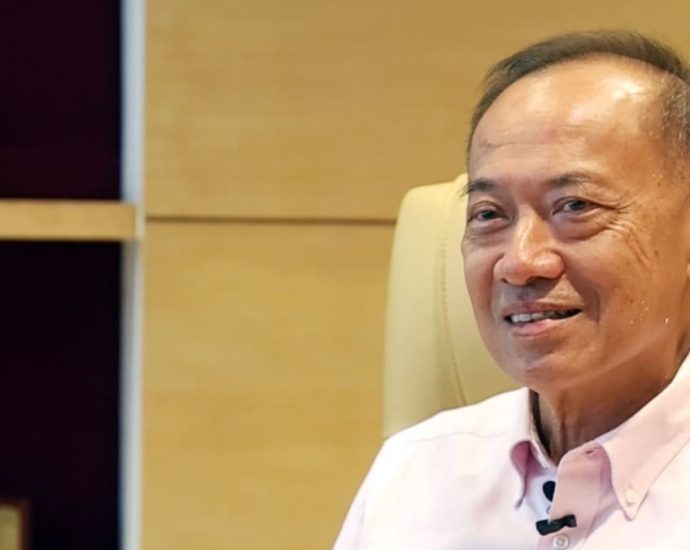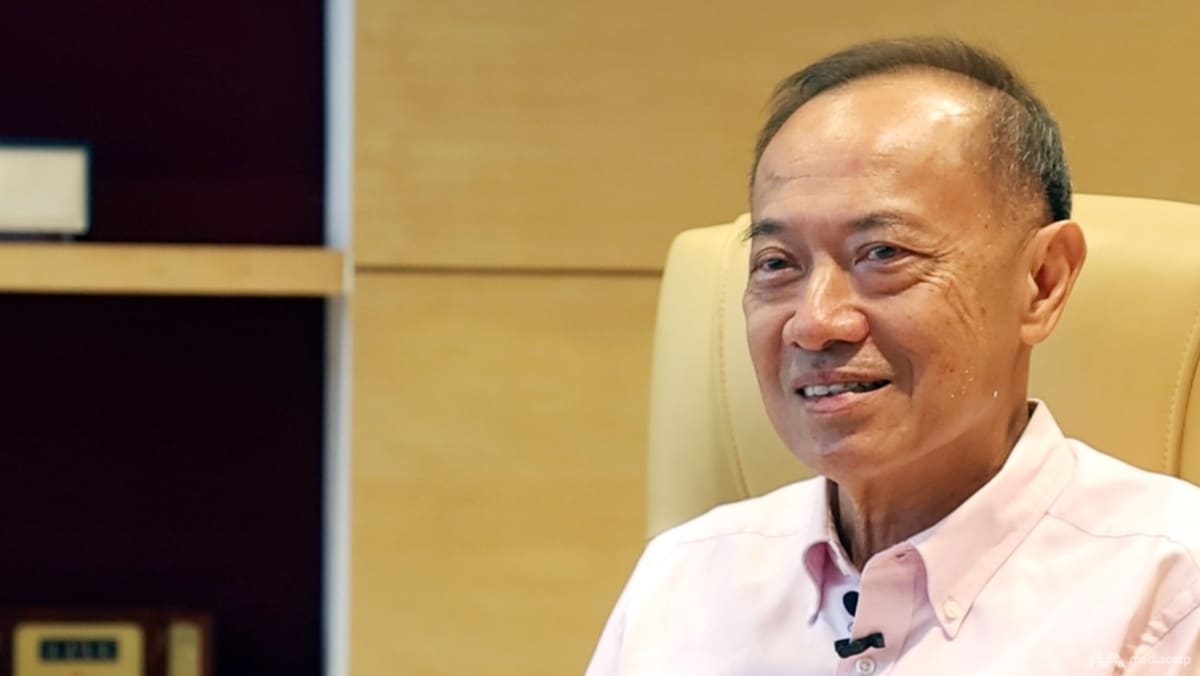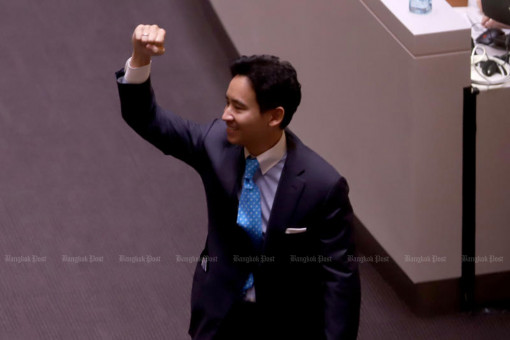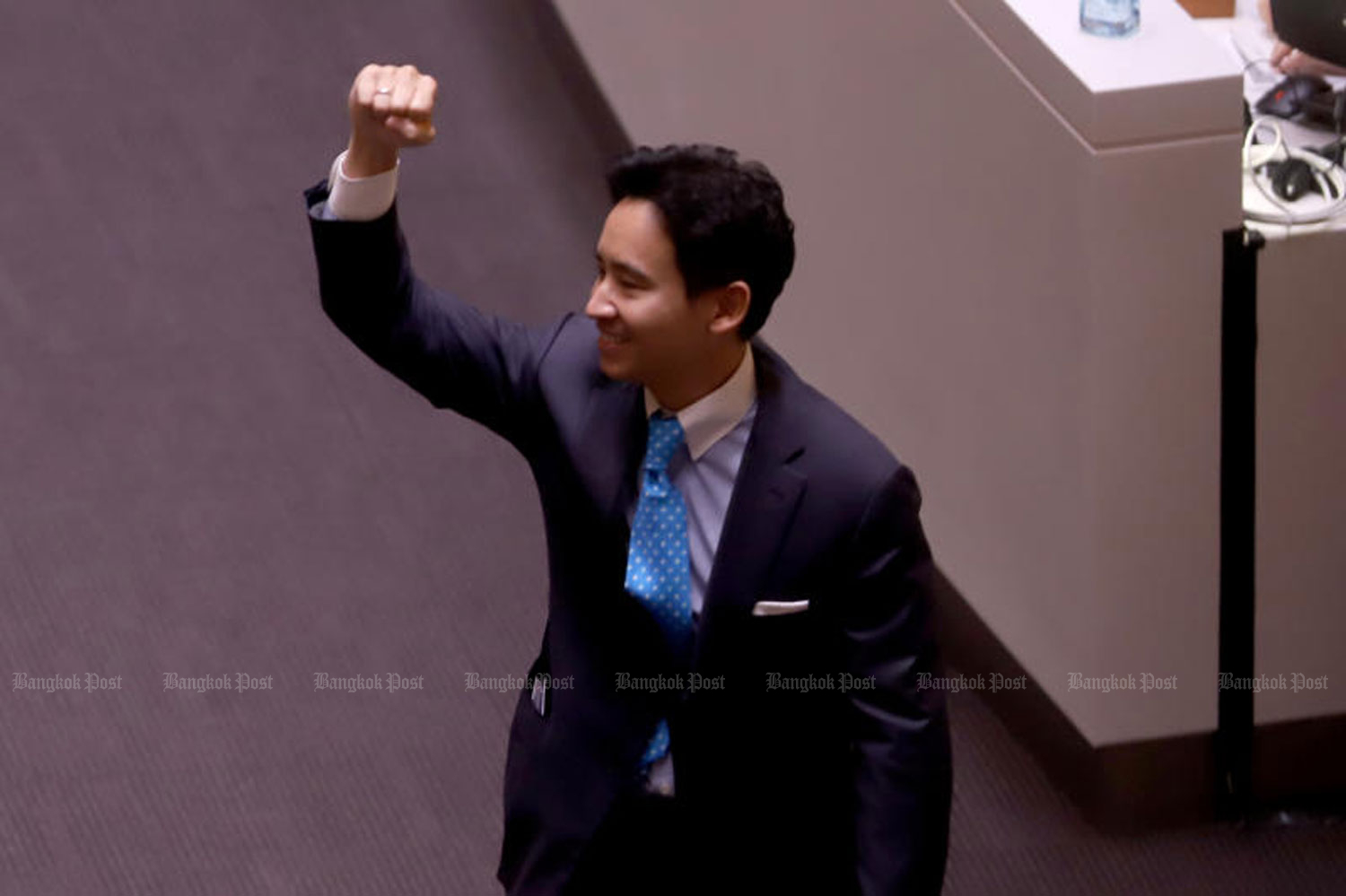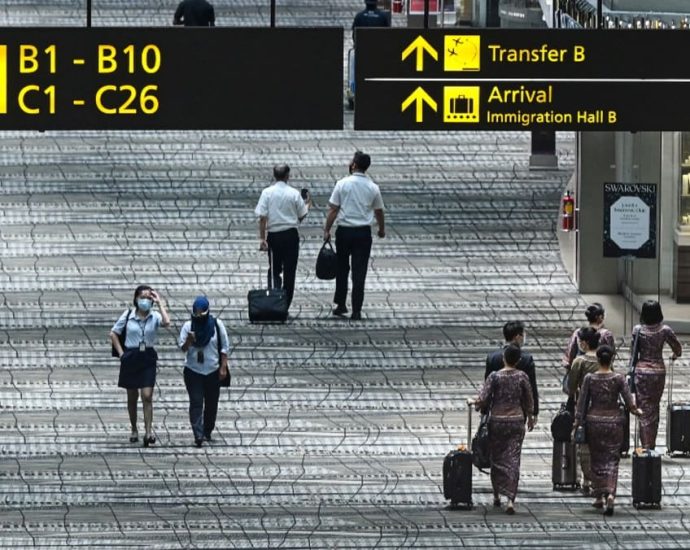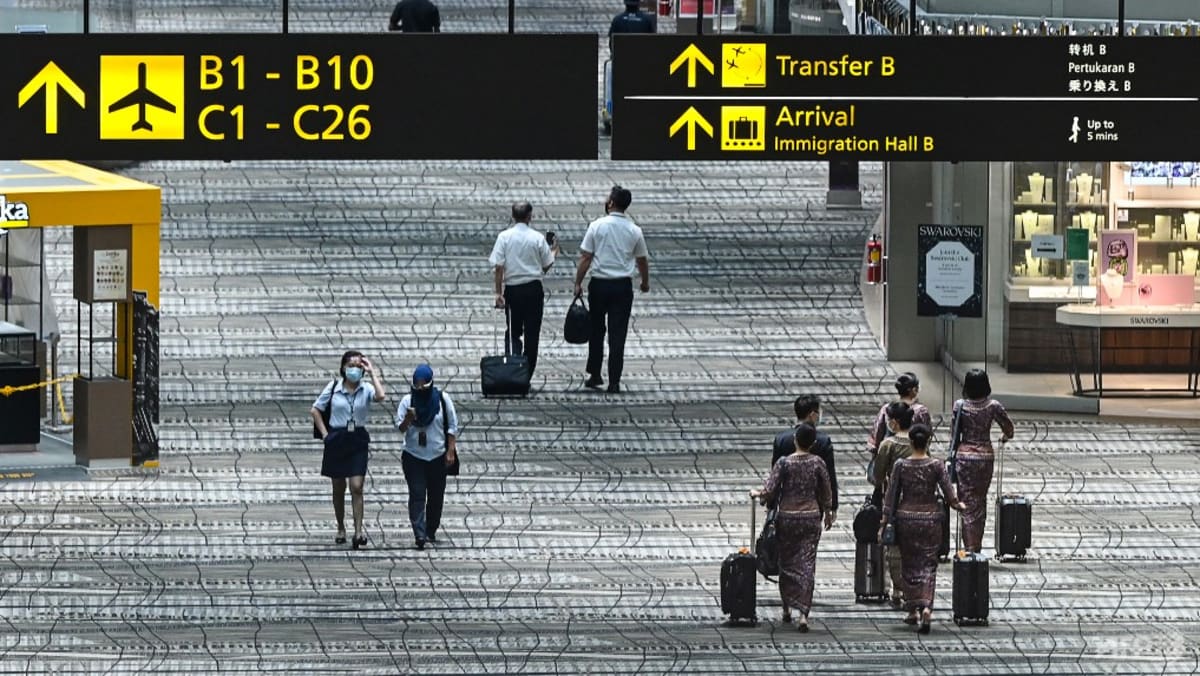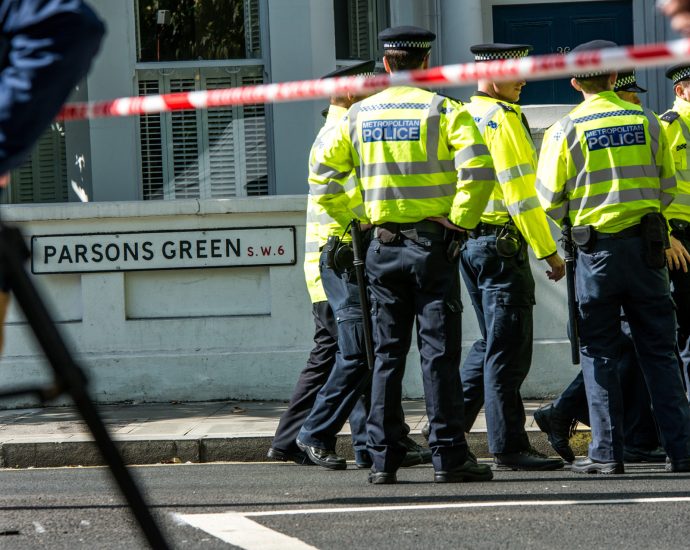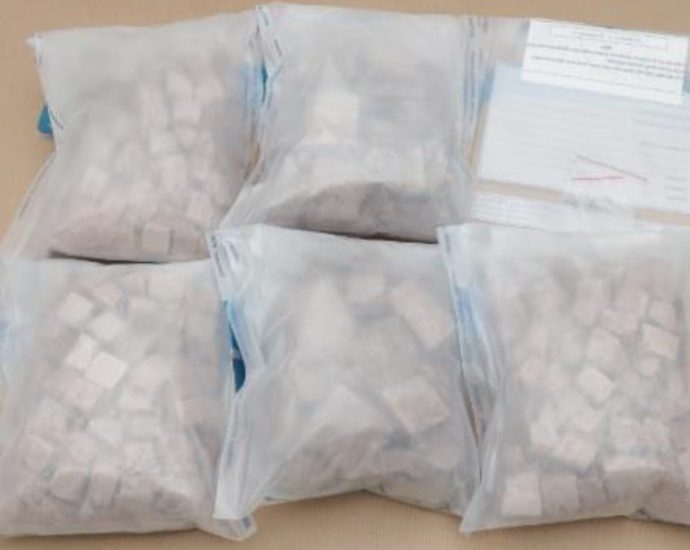Prayutâs former party âinvited to new govtâ
United Thai Nation says it’s ‘ready for discussions to let the nation move forward’
PUBLISHED : 15 Aug 2023 at 20:00

The Pheu Thai Party has invited the United Thai Nation (UTN) Party, which promoted Gen Prayut Chan-o-cha as its prime ministerial candidate during the election campaign, to join its coalition alliance, the UTN spokesman said on Tuesday.
Akaradet Wongpitakrote said that UTN leader Pirapan Salirathavabhaga told a meeting of party MPs meeting on Tuesday that Pheu Thai was ready to invite it to join a coalition government.
“UTN is ready for discussions to let the nation move forward,” said Mr Akaradet, who is also an MP for Ratchaburi province.
Asked if UTN would have any conditions about cabinet positions, Mr Akaradet said his party was ready to work at any ministry.
On Tuesday the party’s MPs were told to be ready for the parliamentary vote for prime minister, he said. That vote could take place as soon as Friday dfepending on a Constitutional Court decision on Wednesday on a petition challenging an earlier resolution to block the renomination of Move Forward Party leader Pita Limjaroenrat.
UTN was created this year to prolong the political career of Gen Prayut, who has headed the government for nine years since staging a coup in May 2014. His personal popularity among conservative voters brought the UTN 4.7 million party-list votes, placing it third behind Move Forward and Pheu Thai.
While UTN won just 23 constituency seats, it picked up 13 list seats for a total of 36. It soon became clear, however, that even if the party were to nominate Gen Prayut for prime minister, he was unlikely to receive enough parliamentary support. Gen Prayut subsequently announced on July 11 that he would quit politics once a new government was in place.
Pheu Thai leader Phumtham Wechayachai has said that his party had yet to reach any formal agreement with UTN or Palang Pracharath, headed by Gen Prayut’s longtime brother-in-arms, Gen Prawit Wongsuwon.
Mr Phumtham said on Tuesday that negotiations had made progress and relevant decisions would be made official later, he said.

